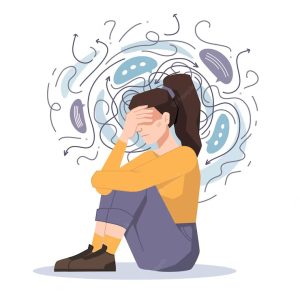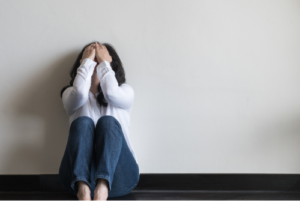
How Online Counseling Can Help You Cope with Anxiety and Depression
Over the recent years, there has been a growing number of people opting for online counselling services. This option has provided many individuals with better

Over the recent years, there has been a growing number of people opting for online counselling services. This option has provided many individuals with better

Anxiety is a common emotion that many of us are familiar with. We may all experience it on certain occasions that may be stressful. This

Most of us use the ‘word’ phobia rather casually. We often hear such exclamations as, “I really hate Maths… I think I have a phobia

Anxiety can be described as a state where one experiences symptoms that are bodily, emotional, behavioural and cognitive (involving thought and mental processes). Tension, worry, nervousness and apprehension are some of the words commonly used to describe anxiety.
We have all experienced anxiety, be it in the form of nervousness before going up on stage, tension for exam, apprehension about a decision, worry for our kids or stress for an office presentation. Anxiety can range from being mildly discomforting to severely debilitating and if not dealt with properly can manifest as disorders that negatively affect your daily lives.

We specialize in combining psychotherapy with deep wellness practices like mindfulness and meditation and creating a customized mental health plan for individuals and organisations.
We specialize in combining psychotherapy with deep wellness practices like mindfulness and meditation and creating a customized mental health plan for individuals and organisations.

A young woman from another country moved with her family to live for one year in a town near the monastery. When, in the course of the year she discovered the monastery, she would periodically visit to have discussions with the Abbess. The Abbess introduced her to meditation, which became very meaningful for the young woman.
When the family’s year-long stay was drawing to an end, the young woman asked the Abbess, “In my country there is no Buddhism and no one has even heard about meditation. How can I continue to learn and deepen the practice you have started me on?”
The Abbess said, “When you return home ask far and wide for who, among the wise people, is recognized as having the greatest ability to listen. Ask that person to instruct you in the art of listening. What you learn about listening from such a person will teach you how to further your meditation practice.
― Gil Fronsdal, A Monastery Within: Tales from the Buddhist Path